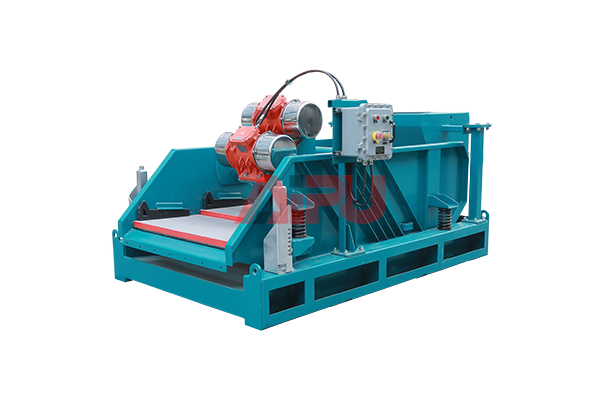
Fluid processing is a critical component in solids control systems, yet it often presents operational challenges that impact efficiency and performance. Understanding these common issues helps operators optimize drilling fluid management and maintain system reliability.
Inadequate Solids Removal Efficiency
One prevalent problem stems from insufficient removal of fine particles. When shale shakers, desanders, and desilters fail to eliminate micron-sized solids effectively, drilling fluid viscosity increases. This leads to higher pump pressures, reduced penetration rates, and accelerated wear on downstream equipment. Regular screen inspection and proper selection of mesh sizes can mitigate this issue.
Fluid Contamination Issues
Cross-contamination between different fluid phases frequently occurs in poorly designed systems. Chemical incompatibility between formation fluids and drilling mud creates emulsion problems that standard centrifuges struggle to separate. Implementing dedicated flow lines and conducting compatibility tests before operations prevents costly fluid system upsets.
Equipment Scaling and Corrosion
Mineral deposits accumulate on heat exchangers and pipe walls when processing high-hardness fluids. This scaling reduces heat transfer efficiency and restricts flow rates. Meanwhile, chloride-rich formations promote corrosive environments that degrade metal components. Chemical treatment programs and material upgrades to corrosion-resistant alloys extend equipment service life.
Inconsistent Flow Rates
Fluctuations in feed pressure destabilize the entire processing train. Oversized pumps cycling on/off create hydraulic shocks that damage sensitive instruments. Variable frequency drives and properly sized surge tanks maintain steady flow through decanting centrifuges and other critical components.
Temperature Control Challenges
Excessive heat from downhole conditions or surface equipment alters fluid properties beyond design parameters. Viscosity breakdown and additive degradation occur when temperatures exceed 150°F. Installing cooling towers or heat exchangers preserves fluid integrity throughout processing stages.
If your project requires solids control equipment, choose Aipu Solids Control - the optimal solution for your needs.
